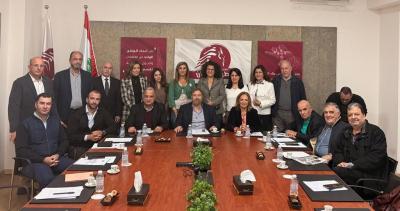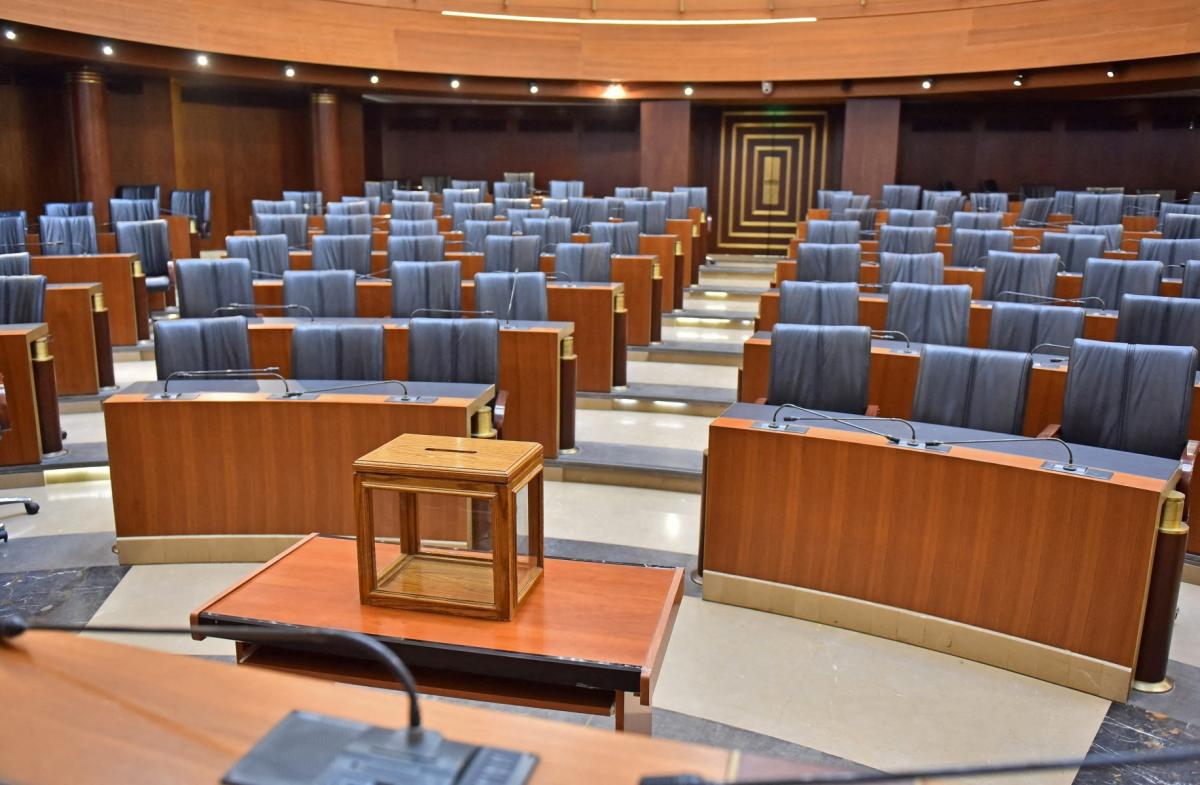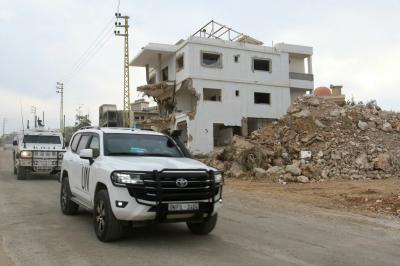Sometimes, phenomena or behaviors pierce through the political scene—considered by some as odd or out of context—but those who look deeper realize they represent its very essence, not its surface.
I can’t forget the image of former Energy Minister Dr. Walid Fayad—brimming with knowledge, expertise, and genuine humility—on the day of the presidential election, January 9. Fayad walked to Parliament after stepping out of his small Cooper car, alone, without an escort or even a single aide. He stood for a moment contemplating the Parliament building, then opened a box, scooped from it, and began to eat—in full view of everyone.
He was eating popcorn—joyfully and with visible delight, as shown by his expressions—acting with complete spontaneity, unconcerned about what people might say. It was as if he were entering a movie theater—whether to watch an American, European, or Arab film—it didn’t matter, as long as the popcorn bag and water bottle completed the ritual of cinema-going.
Many thought Walid Fayad was showing off, acting out of place to draw attention—especially since he was attending the presidential election session as a minister in a government that would automatically resign once a new president was elected, limiting his role to caretaker duties in an already caretaker government. But were they right? Of course not. Fayad had read the political phase well, realizing that the country was heading toward a new guardianship after the repercussions of the “Al-Aqsa Flood” and “Support” wars in the region. He understood that those who would govern Lebanon had an extremely narrow margin of maneuver—the ceiling set for them was low, and all they could do was keep their heads.
Ten months into the new administration—what is the outcome? As you drive through the streets, you see paving crews and machinery in the middle of public roads—other than the ones where Israel committed its massacre in Al-Msayleh days ago—and fresh asphalt still steaming from the barrels. The scene sums up a government that has achieved nothing beyond partisan appointments, spiteful measures, unimplemented plans (if any exist), political sulking, and withdrawal attempts. A torrent of words that fails to make up for a drought of action. In short, mere patchwork—without even mentioning the quality of the asphalt we can only hope it will survive the first rain.
Some may say I am being harsh on the government. No, it is the government that is being harsh on itself. Here are some questions for it: What is its plan—other than folkloric meetings with the Syrian side—for the return of two million displaced Syrians to their homeland? Nothing, except perpetuating their stay in Lebanon by allowing Syrian students—regardless of their status, even if not residents—to enroll in Lebanese schools and universities. As opposition voices claim, this step amounts to a disguised integration no different from naturalization.
And what has the government done about Israel’s ongoing violations of the ceasefire agreement and the continued exposure of every Lebanese citizen to its raids—other than telling us there’s no need to condemn every attack since it has already condemned one before, sparing itself the fatigue of repetition?
And what about its plans and projects in public services, social affairs, and the environment—from electricity and potable water to irrigation and the development of a telecommunications network that still seems to operate on “manual crank”? (I challenge anyone to tell me they’ve completed a call without interruption, not to mention the unbearable slowness.) Add to that the preservation of our oil and gas resources, after experts said that the Cabinet just gave away thousands of square kilometers to Cyprus in the agreement it approved, with ambiguity surrounding the licensing of drilling companies in Block 8.
How can a government not act to enforce the law and even evade its implementation, toppling an achievement adopted unanimously by all parliamentary blocs and political groups in 2017: the right of Lebanese expatriates to vote in legislative elections and be represented by deputies from the six continents? Those seats were meant to be added to the 128 current MPs, with a plan to gradually reduce local seats and increase diaspora representation to 12. Yet here we are, watching a blatant evasion of an active law that sets registration deadlines, as ministers toss the responsibility onto Parliament, one even proposing a bill to abolish the six diaspora seats altogether.
So here’s a question for this government, parading its supposed victories—and for MPs who consider themselves winners of the last battle: who truly benefited most from the expatriate vote in 2022?
Government, patch the roads ! —winter is close.
As for the latest peculiar trend, it’s the hunger of social media activists, including journalists who dominate screens and platforms day and night, for power. They now express a desire to run in parliamentary elections—and of course, they have every right to dream and aspire. But with the rhetoric they use on air, the vulgar language, and the prejudgments devoid of ethics and values, don’t they fit the conclusion reached by philosopher Alain Deneault in his book The Mediocracy: “Mediocre people have taken positions of power”?
Deneault also affirms that the empire of mediocrity has extended into every sphere of life—economy, science, law, and politics. He laments that this “culture of mediocrity” begins and ends in academia—in universities, colleges, and research centers.
Lebanon’s suffering under “mediocrities” who have long occupied power is bad enough; we don’t need to add “temporary mediocrities” passing through. The long movie has only just begun—and in the theater of politics, another bag of popcorn, or rather, a few more corn seasons, will be needed.
Please post your comments on:
[email protected]
 Politics
Politics













